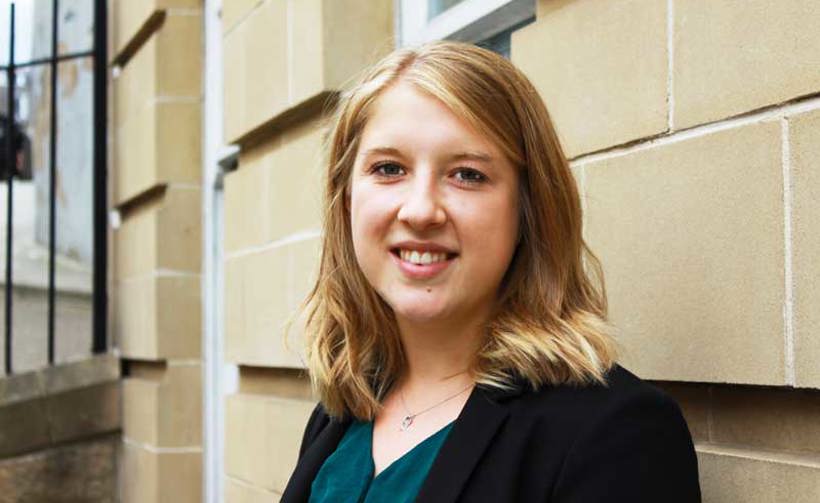
When my friends ask me about being a trainee solicitor, they assume I know every area of the law in great detail and that I can answer all their burning legal questions: What goes into writing a will?; How does immigration work?; How do I get out of my lease? I don’t know the answers to all of these questions, certainly not the various rules and exceptions to the rules (and exceptions to the exceptions to the rules!) involved.
While studying law at university taught me the skills to understand what the law means and how to deal with it, it wasn’t until I started as a trainee solicitor that I truly appreciated how the law actually works and affects people on a day to day basis.
I am currently a trainee solicitor in our medical negligence team. When people think of medical negligence, they think of the “no win no fee” adverts or of Harvey Spector from the TV show Suits. It is not uncommon for people to ask me how I feel about ‘going after’ doctors or asking the NHS for money – considering all the good work they do and that they are publicly funded. My mum is an NHS nurse and I too have benefited greatly from the care they provide; however, mistakes do happen. Medical negligence claims are not an attack upon a particular doctor or nurse. These financial claims can help people - who have perhaps received unacceptable medical care – with financial assistance to put their lives back on track. I’d like to share why I’ve found my seat in the medical negligence team both so worthwhile and hugely gratifying.
Behind the backdrop of the stigma I’ve described are everyday people whose lives have changed because of a medical professional’s mistake. Medical negligence can have devastating consequences. I have had experience working on both non-fatal and fatal claims during my training - both equally as devastating in their various and unique ways.
When somebody dies because of mistakes in their medical treatment, their family have not only lost their loved one but they could have also lost their financial support, their childcare, or their carer. Without their loved one, who is going to provide for them? A claim for medical negligence aims to achieve financial compensation for the family: money which can help them live the rest of their lives with the support they need, and would have had, but for the medical mistakes made. I see this financial compensation as a means of a partner being able to keep their family home after the breadwinner has died; or a disabled child receiving the care and support they need; or a parent being able to continue working by being able to afford childcare.
Similarly, when somebody suffers an injury as a result of a mistake in their medical treatment, this can change the way they can live their lives forever. The negligence may have caused them serious injury and suffering and may also have a knock-on effect in terms of psychological trauma and financial loss. We often find those affected by such injuries are unable to return to work for a period of time and the emotional impact is always a factor we consider. In truth, the emotional trauma can sometimes be the most devastating element. I view the financial compensation a medical negligence claim can achieve as a means to allow people to rebuild their lives and get the help they need to recover.
As a trainee, I assist a team of solicitors working closely with people who have suffered as a result of medical negligence. I have found my time with the medical negligence team both challenging and rewarding. Every person's story is completely different and requires the investigation and understanding of a large variety of medical jargon and eventualities. Although all we can give people is compensation and we can’t turn back the clock or reprimand those involved, I have seen how this can truly make a huge difference to their futures.
My final comment would be this - everyone who suffers a wrong against them deserves an opportunity to afford to get back a little normality, no matter who has made the mistake.
Take the next step
- Call us on 0131 226 5151
